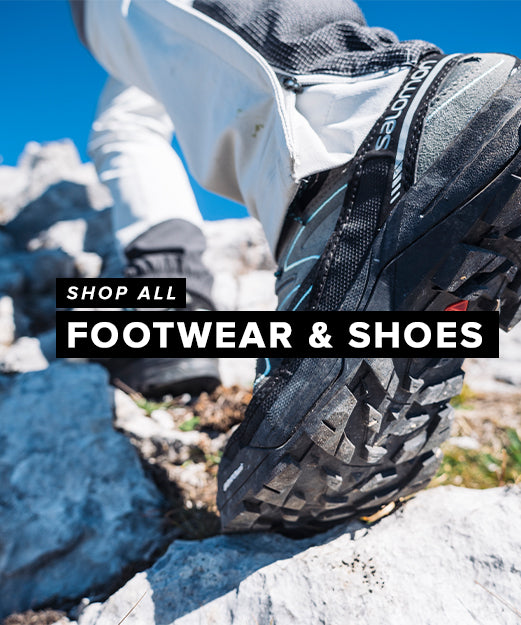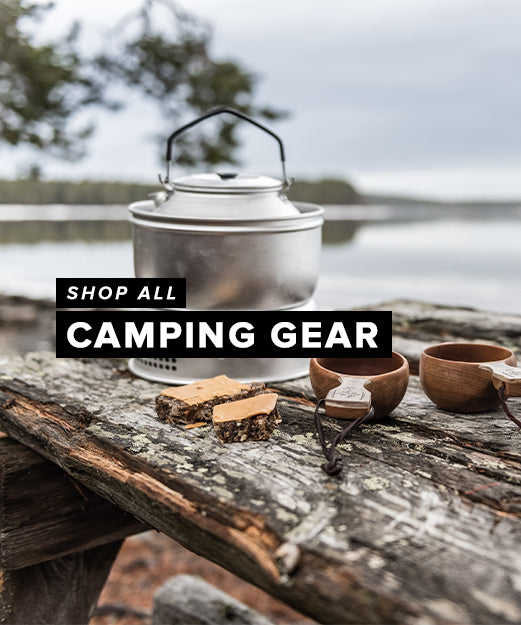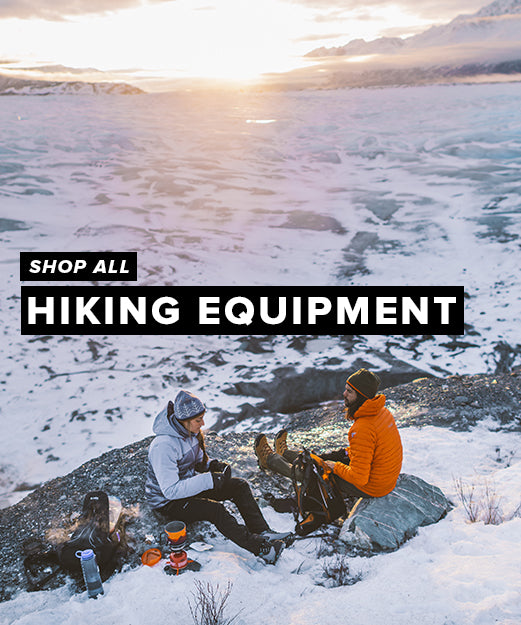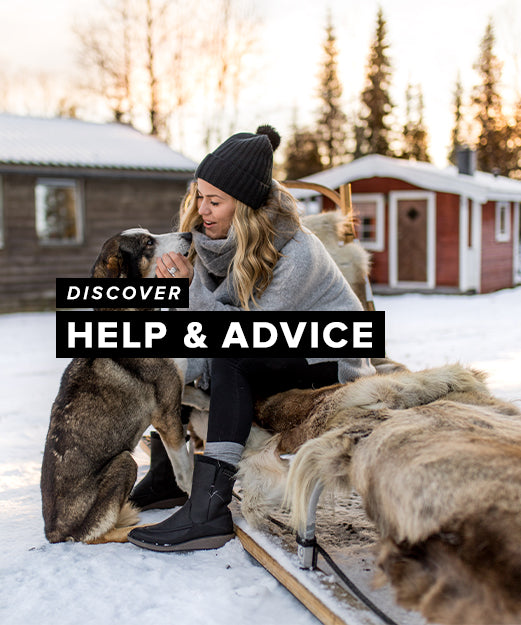As the leaves start to change colour, the woodsmoke sits on the valley floors and the sun sits lower in the sky our thoughts start turning to winter and the arrival of snow in the mountains. Winter is my favourite time of year, with a coating of snow and ice humble hills can be transformed to the stuff of school boy dreams - local hills become mountains and what can be a gentle stroll in summer can become a teeth gritting challenge in winter.
So what are the key differences between walking the hills and mountains in the winter months compared to the rest of the year? This article for Simply Hike aims to help you to prepare for the forthcoming winter so that you can get out and enjoy it safely.

Definition of Winter
In England and Wales winter in the mountains cannot be defined by a date on a calendar (it perhaps can in Scotland since conditions are more reliable there). So lets look at what defines winter. If we want a simple definition we can say that winter conditions exist whenever we need winter equipment such as an ice axe and a set of crampons. If we want to be even more simplistic we could say that anytime the mountains are white - its winter.
How Do We Know Beforehand?
Use the Met Office Mountain forecasts or those provided by MWIS to find out the current ground conditions and the weather forecast for the next few days. They will tell you where the freezing level is and if its below the summits you stand a chance of precipitation falling as snow and of ice on the paths. Each forecast will also tell you the conditions underfoot so that you can establish if there is snow on the ground and at what height.
Extra Equipment
To enjoy the mountains safely in winter you will need some extra equipment. You will need some stiffer boots to allow you to make progress through hard snow and to allow you to fit a set of crampons when the going gets ice underfoot. You will also need an ice axe, again to help you make progress over snow covered ground and to help you arrest a slip should the unfortunate happen. You need to beef up your layers to cope with the cold and a set of ski goggles is also a wise investment to allow you to see when the wind and snow combine to dump you into the white room.
Spend the autumn months researching the new kit that you want to buy and maintaining your old kit. I will be washing my waterproofs in Nikwax, sharpening my crampons and dusting off my ice axe in readiness.
Extra Skills
All of this extra kit needs some extra knowledge to use it correctly. Find a more experienced friend, join a mountaineering club or join a course so that you can be taught how and when to use your specialist winter kit. Its worth making a journey unto Scotland to be guaranteed the snow from January to March.
Spend the autumn putting some dates in your diary and getting partners or courses booked up. Most good winter skills courses will be fully booked long before Christmas.

More Demand On Existing Skills
Your existing summer skills will need to be sharp. Everything is a lot harder in winter, you will have to carry more kit, walk further distances, cope with shorter daylight hours, cope with the low temperatures, navigate in challenging weather - am I selling it well? All of these things add to the challenge but that in turn adds to the pleasure - the harder earned the greater the reward.
You can prepare for winter now by getting out in the autumn, building your mountain fitness and sharpening your mountain skills such as poor visibility navigation.
A Quick Note On Avalanches
If you are walking in the snow in the mountains then you need to know about avalanches. There is not enough space in this article to teach you everything you need to know - I just want to make sure you realise they exist in the UK. People get avalanched every year in Scotland and every now and again in The Lake District and Snowdonia so get some training on how to avoid them to avoid being a statistic.
Do some reading now whilst we are waiting for the snow to arrive, a great resource is the Scottish Avalanche Information Service website which also provides daily avalanche forecasts throughout the winter months.
Enjoy The Winter
It really is the most rewarding time of year in the mountains. The light is amazing, the views stunning, there are less people about and the sense of adventure is greater. Have fun and stay safe.
 NEW!! Free UK Delivery
NEW!! Free UK Delivery Hassle-Free Returns
Hassle-Free Returns Clearpay
Clearpay









